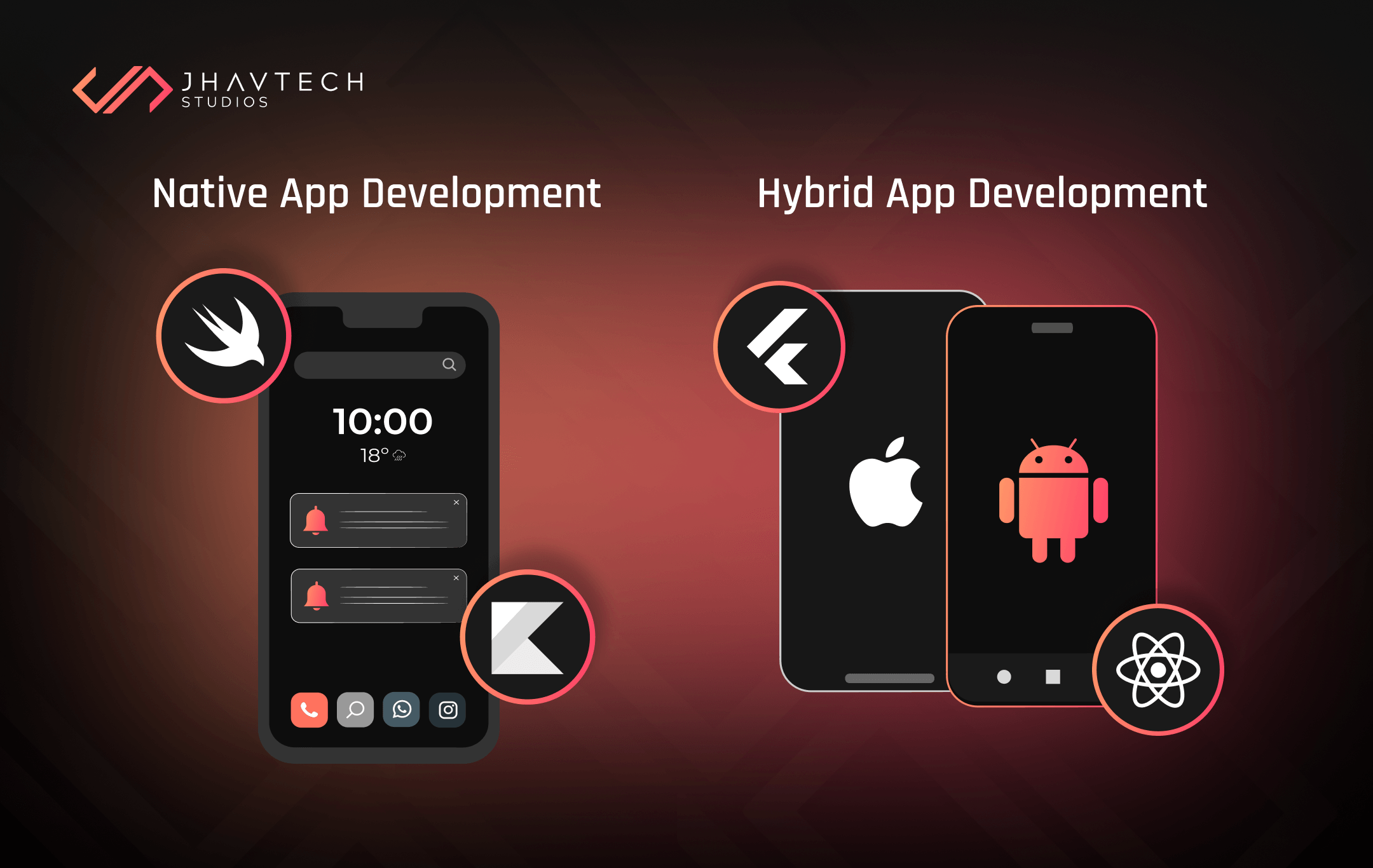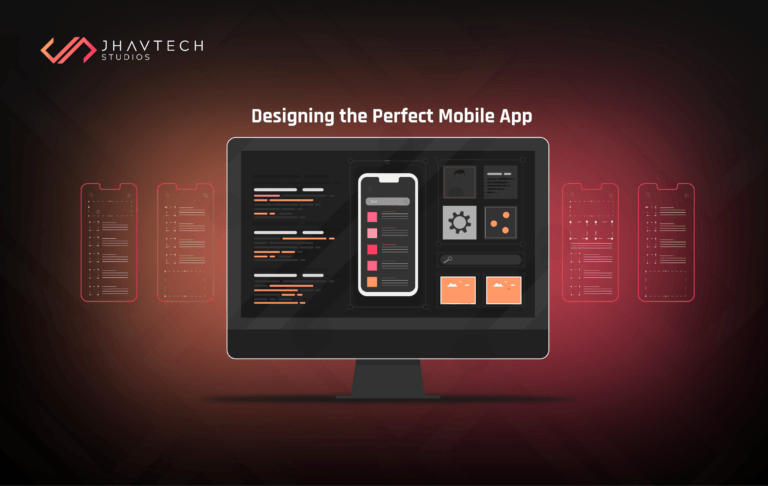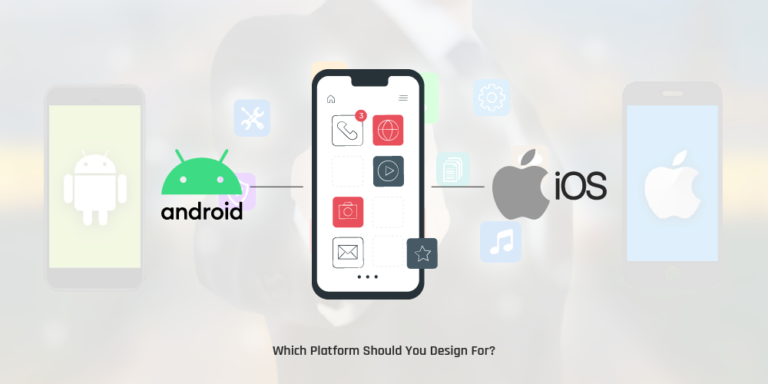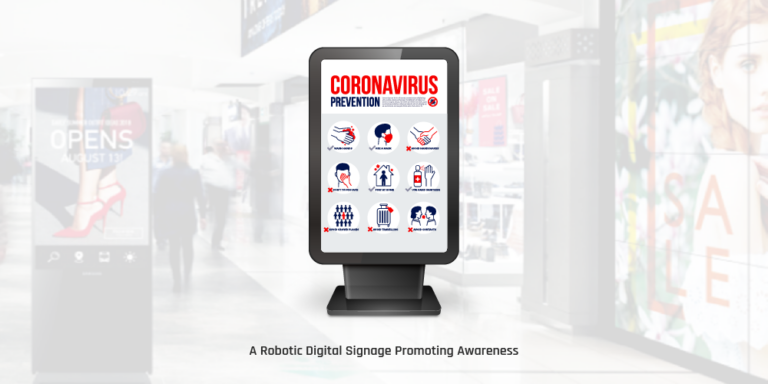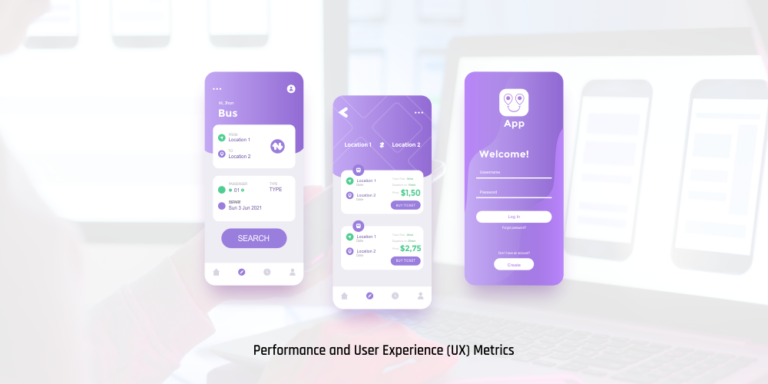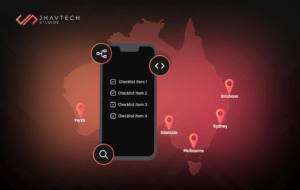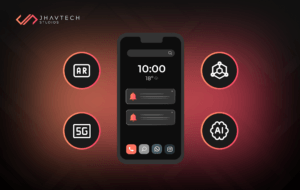Mobile applications have become a cornerstone of digital business strategies. Whether you’re a startup, an enterprise, or an entrepreneur looking to develop an app, choosing the right approach—native app development or hybrid app development—can significantly impact your project’s success.
While both approaches have their merits, the decision hinges on factors such as budget, performance, scalability, and user experience. In this guide, we’ll break down the differences between native vs hybrid app development, examine their advantages and drawbacks, and help you determine the best fit for your business.
What Is Native App Development?
Native apps are built specifically for a single operating system (OS) using platform-specific programming languages—Swift/Objective-C for iOS and Java/Kotlin for Android. These applications are developed using official development tools like Xcode (iOS) and Android Studio (Android) and can fully leverage the device’s hardware and software features.
Because native apps are designed for a given platform, they can take full advantage of the operating system’s built-in functionalities, ensuring optimal performance and seamless integration with system components. For example, native apps can directly interact with APIs for gestures, in-app payments, and background processes. This deep integration allows for a more immersive and engaging user experience, making native development the preferred choice for high-performance applications.
Pros of Native Apps
✅ Superior Performance
Native apps execute directly on the OS, making them faster and more responsive than hybrid apps. They deliver high performance, especially for graphics-intensive applications like gaming and augmented reality (AR) apps.
✅ Seamless User Experience (UX)
Because they adhere to platform-specific UI/UX guidelines (e.g., Material Design for Android and Human Interface Guidelines for iOS), native apps offer a fluid, intuitive experience tailored to the device’s ecosystem.
✅ Full Access to Device Features
Native apps can interact with the full range of device capabilities, such as GPS, camera, microphone, push notifications, and biometric authentication (Face ID, Touch ID).
✅ Enhanced Security
With built-in security features such as end-to-end encryption, biometric authentication, and OS-level security protocols, native apps offer greater protection against data breaches and cyber threats.
Cons of Native Apps
❌ Higher Development Costs
Separate codebases for iOS and Android require specialised developers, increasing expenses.
❌ Longer Development Time
Developing distinct versions for each platform can prolong time-to-market, especially if frequent updates and maintenance are needed.
Example Use Cases:
- Banking and fintech apps (e.g., Revolut, PayPal)
- High-performance mobile games (e.g., PUBG Mobile, Call of Duty Mobile)
- Health and fitness apps requiring device sensors (e.g., Apple Health, Google Fit)
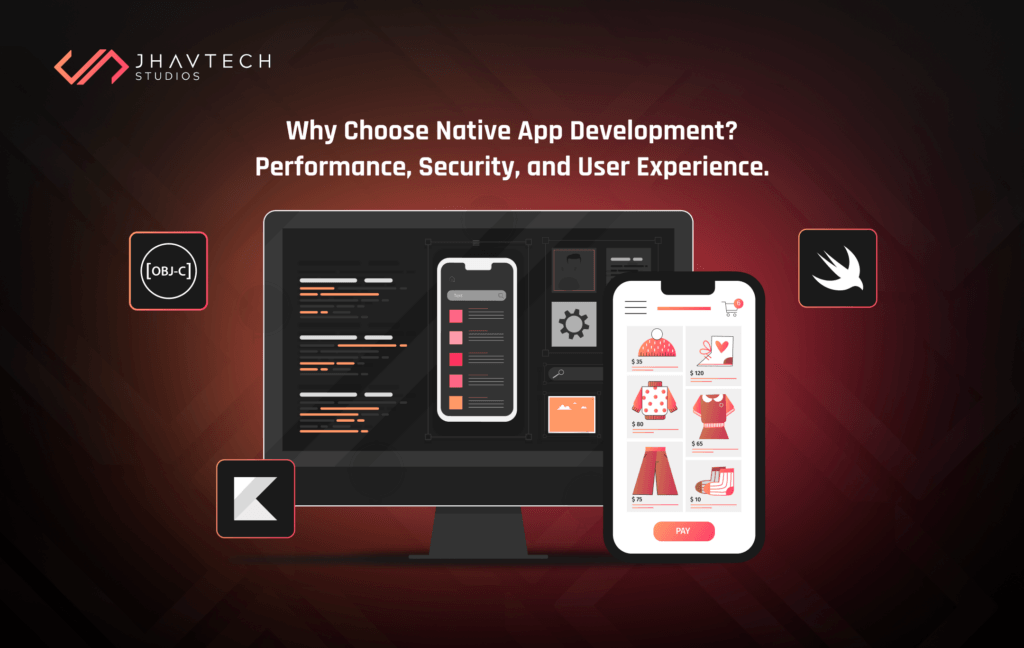
What Is Hybrid App Development?
Hybrid apps combine web technologies (HTML, CSS, JavaScript) with a native wrapper that allows them to run on multiple platforms from a single codebase. Frameworks like React Native, Flutter, and Ionic facilitate hybrid development, enabling businesses to deploy apps across iOS and Android with minimal effort.
Hybrid app development strikes a balance between web and native experiences by embedding web applications inside a native container. This allows businesses to create apps that look and feel native while still leveraging the simplicity of web development. However, hybrid apps rely on WebView, which renders web content inside an app, potentially leading to performance trade-offs compared to native applications.
Many companies choose hybrid app development for cost efficiency and faster deployment. It is an ideal choice for content-driven applications like news platforms, e-learning apps, and e-commerce solutions. Hybrid apps are also well-suited for progressive web apps (PWAs) and enterprise applications where frequent updates and cross-platform compatibility take precedence over raw performance.
Pros of Hybrid Apps
✅ Cost-Effective Development
With a single codebase for both platforms, hybrid apps cut development costs by 30-50% compared to native apps.
✅ Faster Time-to-Market
Hybrid apps are quicker to develop and deploy, making them ideal for MVPs (Minimum Viable Products) and startups looking to validate ideas swiftly.
✅ Easier Maintenance & Updates
A single codebase simplifies bug fixes, feature updates, and security patches across both iOS and Android simultaneously.
Cons of Hybrid Apps
❌ Performance Limitations
Hybrid apps rely on a WebView component, which can result in slower animations, UI lag, and reduced responsiveness compared to native apps.
❌ Limited Access to Advanced Device Features
Some features requiring low-level hardware access, like AR, VR, and high-end graphics rendering, may not perform optimally on hybrid apps.
❌ Potential UI/UX Inconsistencies
Hybrid frameworks strive to mimic native interfaces but may struggle to perfectly match iOS and Android design guidelines, leading to usability discrepancies.
Example Use Cases:
- E-commerce apps (e.g., Amazon, Alibaba)
- Social media and content-sharing platforms (e.g., Instagram Lite, Facebook)
- Enterprise applications (e.g., Salesforce Mobile, Slack)
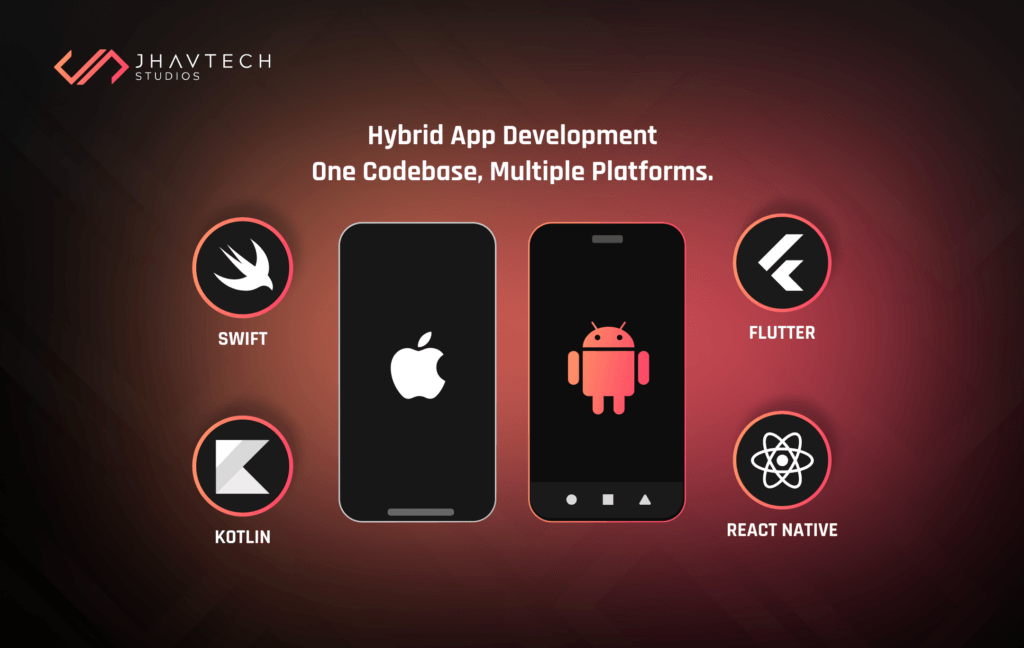
Native vs Hybrid App Development: Which One Should You Choose?
Your decision should align with your business goals, budget, and app functionality. Here’s a quick guide to help you choose:
Choose Native App Development if:
- You need high performance and smooth responsiveness (e.g., gaming, streaming, AR/VR apps).
- Your app requires deep integration with device hardware (e.g., GPS, camera, Bluetooth).
- You prioritise security, especially for fintech or healthcare applications.
- You aim for an industry-leading, platform-optimised user experience.
Choose Hybrid App Development if:
- You are on a tight budget and want to save on development costs.
- You need a faster time-to-market, especially for an MVP or startup launch.
- You want a single app that works across multiple platforms.
- Your app is primarily content-driven and doesn’t require intensive device features.
Why Choose Jhavtech Studios for Mobile App Development
At Jhavtech Studios, we specialise in delivering high-quality mobile application development services across Australia. Our expertise encompasses both native and hybrid app development, ensuring that your application is tailored to your specific business needs and objectives.
For businesses seeking mobile app development services in Sydney, Melbourne, and Brisbane, we offer tailored solutions to meet the unique demands of each market. Our team collaborates closely with clients to transform ideas into engaging digital experiences, ensuring that each app is robust, secure, and scalable.
Our comprehensive services include brand identity development, user-centric design, and ongoing maintenance to ensure your app remains relevant and operates seamlessly. We are committed to maximising customer lifetime value and enhancing your brand’s reputation through meaningful user experiences.
Recognised for our excellence, Jhavtech Studios has been acknowledged by platforms such as Clutch and Goodfirms. Our commitment to quality and innovation has established us as a trusted partner for businesses aiming to expand their digital footprint.
If you’re planning to build an app and need expert guidance, check out our Mobile App Development Services to get started.
For businesses in Australia, we offer tailored solutions:
External Resources for Further Learning
- Google’s Guide to Native Apps
- Apple’s Official iOS Development Guidelines
- React Native Documentation
Final Thoughts…
The debate between native vs hybrid app development comes down to business priorities. If performance, security, and user experience are your top concerns, native apps are the superior choice. However, if you’re looking for a cost-effective, faster-to-market solution, hybrid apps offer a practical alternative.
Still unsure which approach suits your business best? Contact Jhavtech Studios today for expert consultation and mobile app development solutions tailored to your needs!
.svg)
